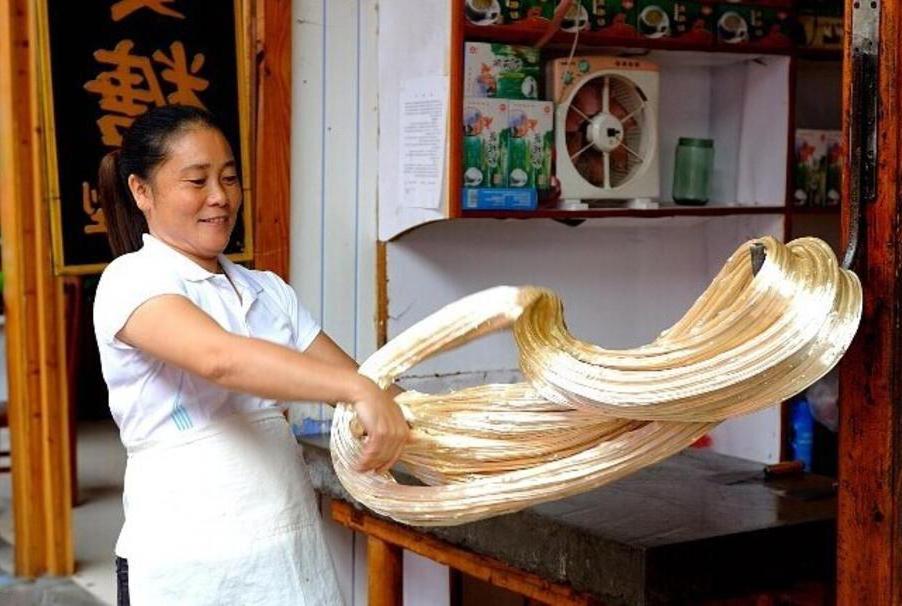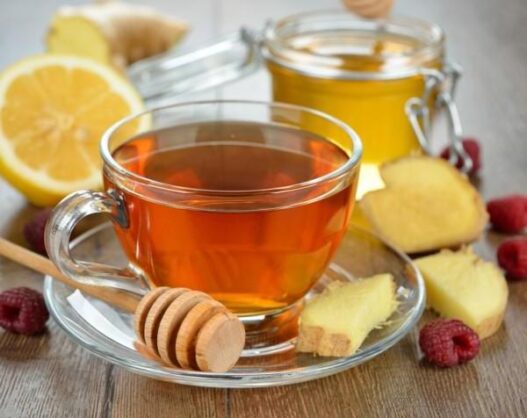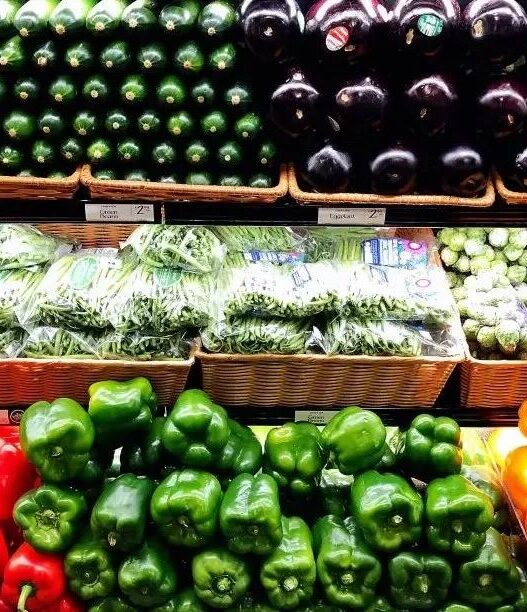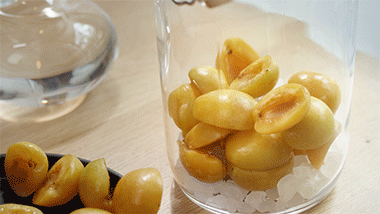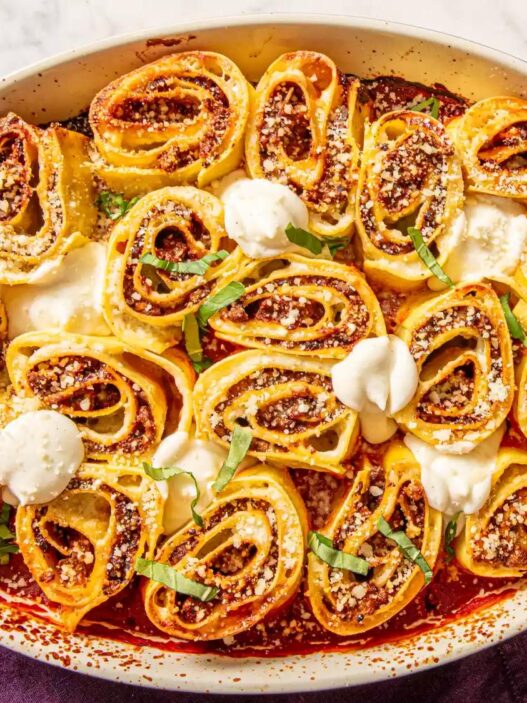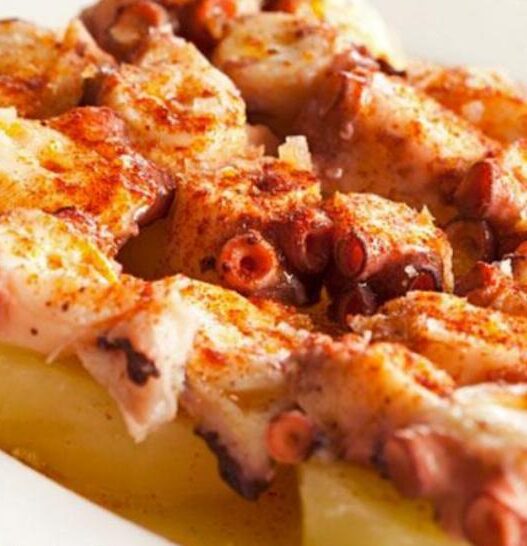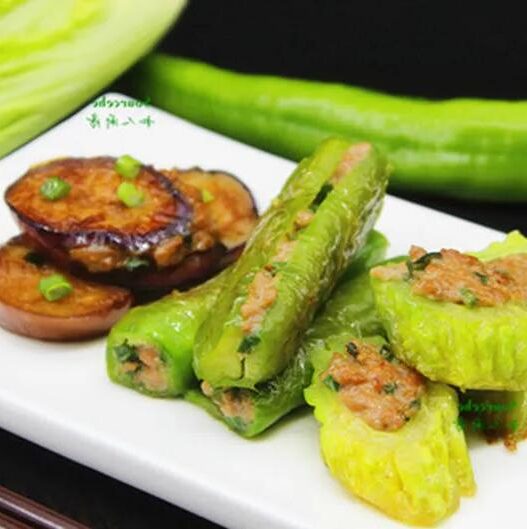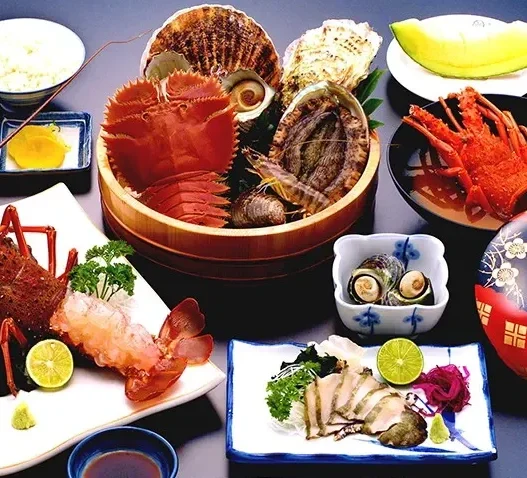“Eat radish in winter and ginger in summer, and you won’t need to see a doctor” is a common saying. In reality, ginger is a food suitable for all seasons, with a rich, spicy flavor. It’s one of the “four gentlemen” of Chinese cooking, a food that serves both culinary and medicinal purposes, capable of removing fishy odors and dispelling cold, making it ideal for people of all ages.
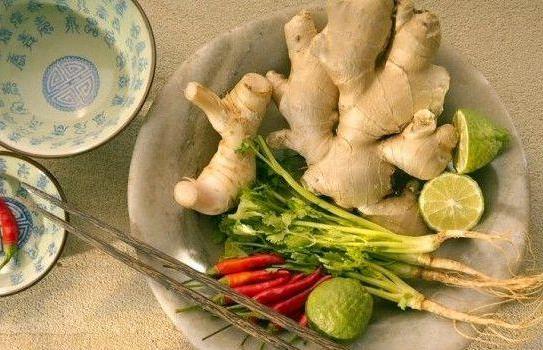
Let’s explore the benefits of ginger through some legends and anecdotes.
Longevity
Confucius lived to be 73 years old, which was considered a high age in the Spring and Autumn period. He was very particular about his diet and health practices. He particularly loved ginger, as recorded in “The Analects”: “Do not remove ginger from the meal, but do not eat too much.” He would always eat ginger with each meal, but never in excess.

Beauty and Longevity
Legend has it that Su Dongpo, a famous foodie, met a high monk at Jingci Temple in Hangzhou who was 85 years old but looked no more than 40, with a healthy complexion and sharp eyes. Su Dongpo obtained a dietary recipe from the monk and, based on his own years of health practices, invented the “Elixir of Youth”:
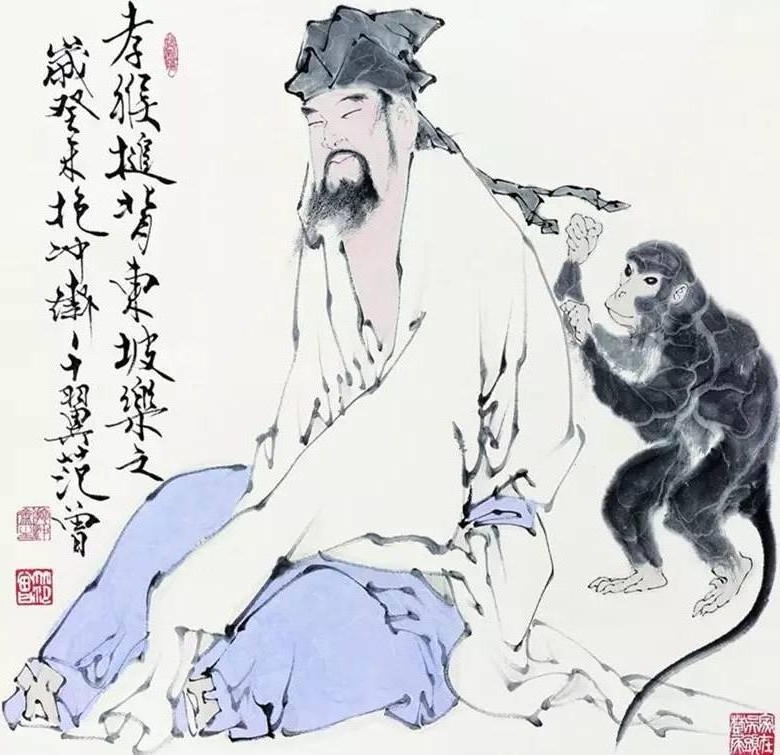
“One pound of ginger, half a pound of dates, two ounces of salt, three ounces of grass, half an ounce each of cloves and incense, four ounces of fennel, all mashed together. Brew or steep, this concoction is better than treasure. Drink a cup every morning, and your beauty will never fade.”
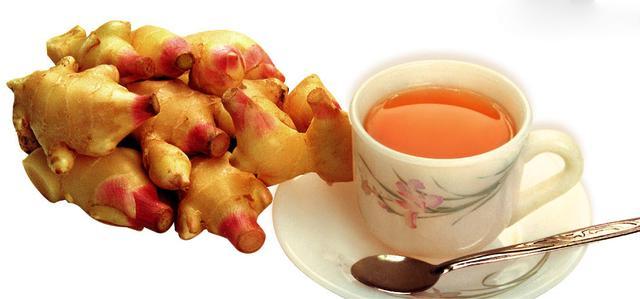
In Japan, the country with the highest life expectancy in the world, ginger has gained widespread popularity for its health benefits. In Japanese cuisine, ginger is an essential ingredient, and it’s considered a plant with a spiritual essence, so much so that they even have a ginger museum.
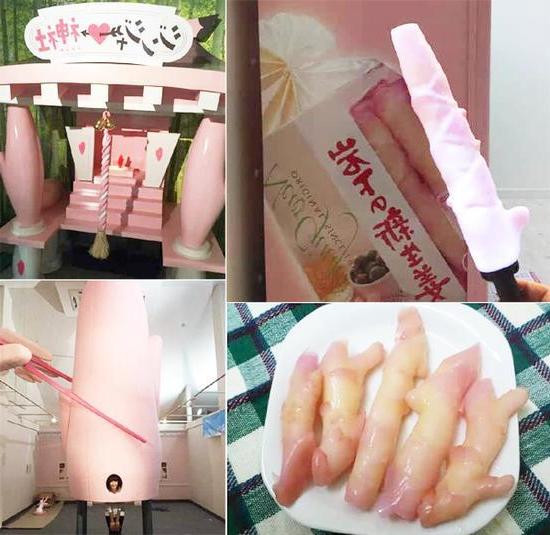
The Shape!

In recent years, Japan has seen a surge in “ginger enthusiasts,” mainly young women who carry a small bottle of ginger with them. They add a bit of ginger to their drinks or meals, improving their cold constitution, aiding in weight loss, preventing colds, and enhancing beauty.
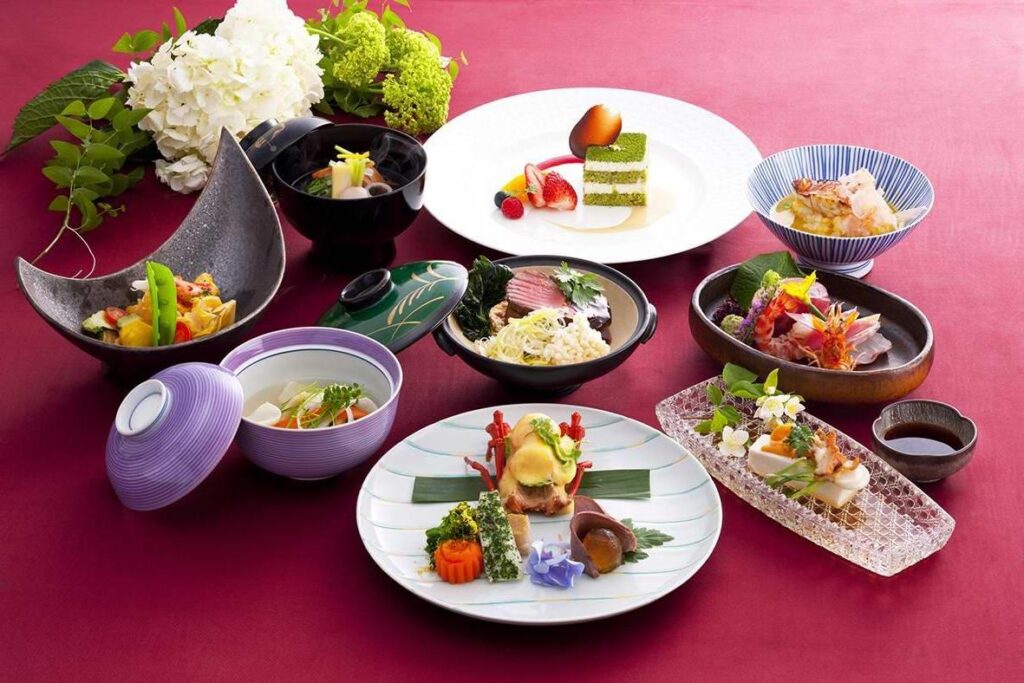
But
Chinese philosophy emphasizes the middle way, suggesting that moderation is key, so there are guidelines and taboos when consuming ginger:
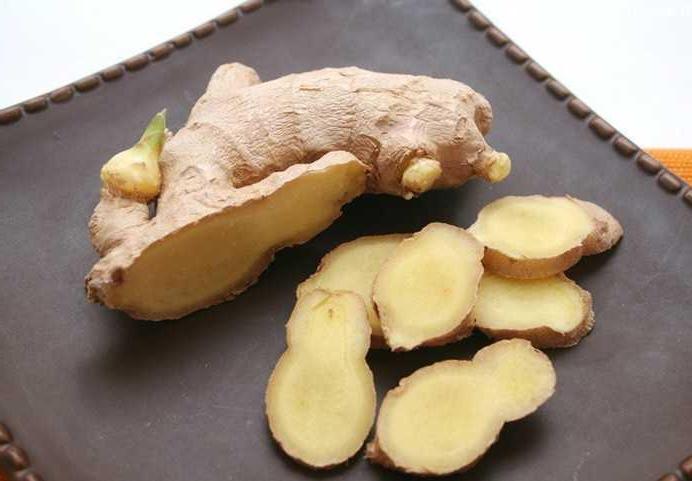
- Ancient medical texts emphasize: “Do not eat ginger in autumn; do not eat ginger at night.” Autumn is a dry season, which can harm the lungs, and eating spicy ginger can exacerbate this dryness. At night, when yang energy recedes and yin energy prevails, one should eat cooling foods, thus avoiding ginger.
- Ginger should be eaten with the skin on to preserve its health benefits.
- Those with certain conditions should avoid ginger, such as those with yin deficiency, heat constitution, liver or lung diseases, stomach ulcers, diabetes, and skin allergies.
- Rotten ginger can produce toxins, potentially inducing liver or esophageal cancer, so it should never be consumed!

As a versatile ingredient, there are countless ways to enjoy ginger. Here are some unconventional ways to consume ginger:
Ginger Dark Chocolate: Many chocolate brands around the world have introduced combinations of ginger and dark chocolate, adding a hint of spice to the rich, smooth chocolate for a delightful taste.
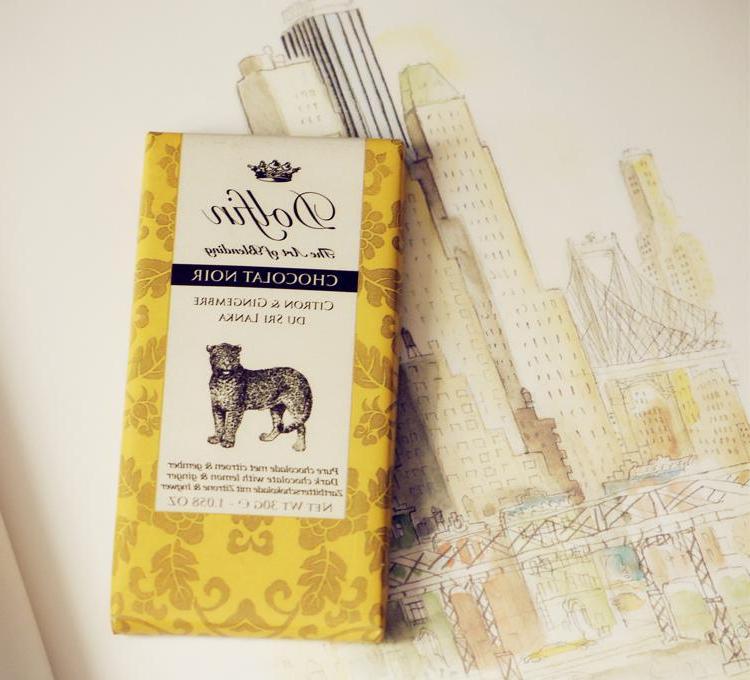
Honey Ginger Tea: Honey’s cool sweetness can counteract ginger’s spiciness. A cup of this tea in the afternoon can be very relaxing, especially with a slice of lemon. Long-term consumption can lead to radiant skin.
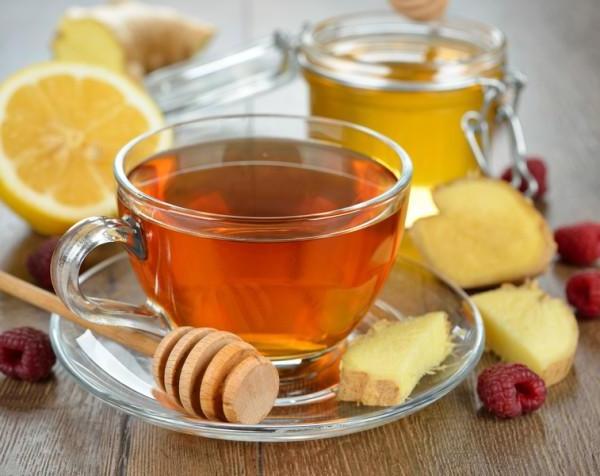
Pengxi Ginger Cake: Pengxi, now a county in Suining, Sichuan, is famous for its ginger cake. This cake was once offered as tribute during the Qing Dynasty, and Empress Dowager Cixi was particularly fond of it, naming it “Jade Cake.” Made from glutinous rice, honey, ginger juice, and sesame oil, it has a smooth, jade-like surface and a sweet-sour taste that melts in your mouth with a mild ginger flavor.
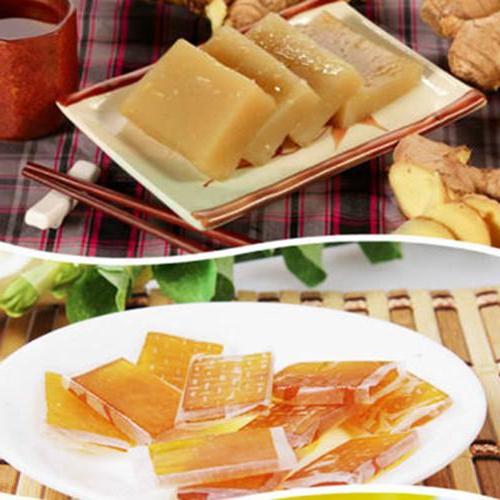
Ginger Milk Curd: A well-known specialty from Panyu, Guangdong. Authentic ginger milk curd resembles pudding, with the fragrance of ginger blending into the milk, providing a sweet, smooth texture with a slight spiciness, promoting warmth, beauty, cough relief, and sleep.
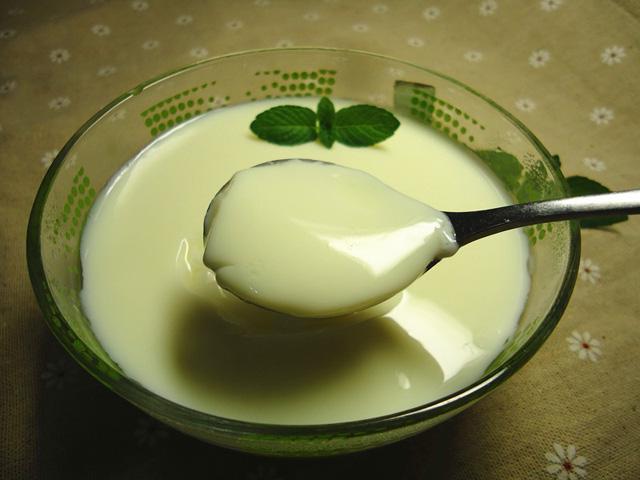
Ginger Cookies: A universal dessert at major Western holiday tables, ginger cookies are made with honey, ginger, peppercorns, cinnamon, and other ingredients, offering a sweet-spicy taste. Ginger’s warming effect adds warmth to Christmas Eve, although some ginger cookies are now coated in syrup for a milder flavor.


Sushi Ginger: Common in Japanese cuisine, often served for free. It’s simple to make, with thin slices of pink ginger that are sweet, sour, and crunchy, enhancing the texture and flavor of sushi.
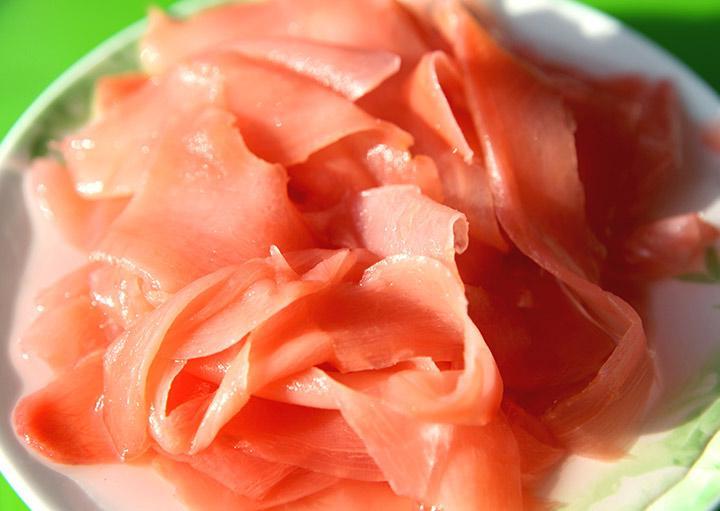
Vinegar-Pickled Ginger: Soaking ginger slices in rice vinegar and eating 2-3 slices daily not only helps lower blood lipids and promote longevity but is also beneficial for those looking to lose weight.
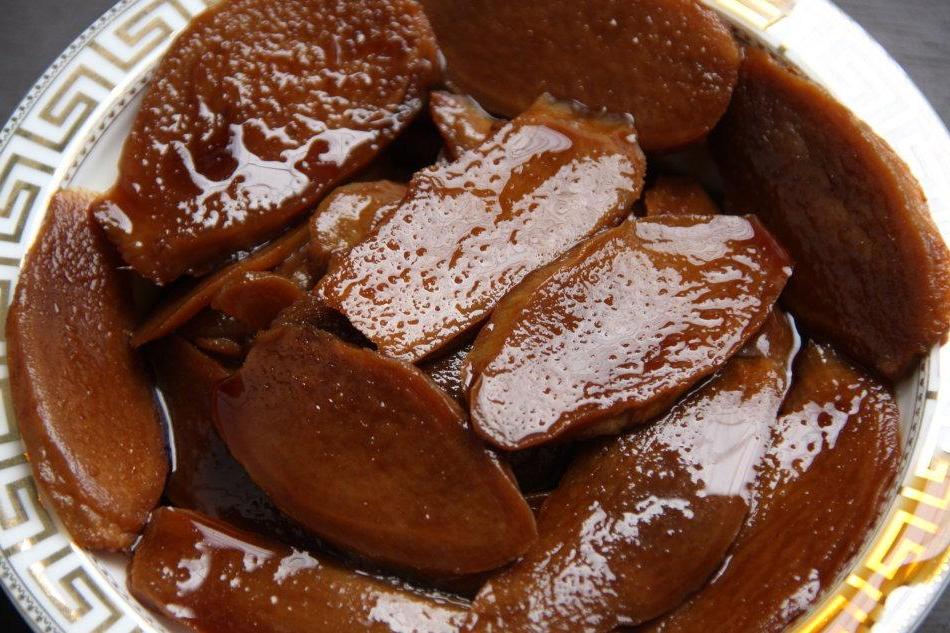
Phoenix Ginger Candy: A must-buy souvenir from the ancient town of Phoenix. Local ginger juice is mixed with brown sugar and a bit of starch, then boiled and continuously stirred until it forms a syrup. Mouse Two has tasted this candy; it’s sweet when it melts in the mouth, with the spiciness gradually spreading in the throat. It has a texture similar to toffee, not too sticky.
